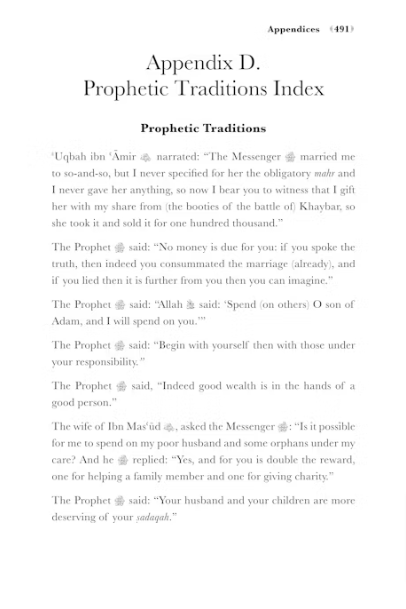About The Book
Embark on a journey through the various stages of life, from marriage to divorce
and widowhood, to witness how women living within the Islamic tradition are endowed with the right to safeguard their financial independence.
This comprehensive exploration confronts an ongoing disconnect between Islamic law and Muslim family dynamics to equip men and women alike with the knowledge and tools to uphold an important body of Islamic financial laws. Importantly, the book fosters a deep understanding of how Islamic financial empowerment plays a pivotal role in shaping not just the lives of women and their family members, but society as a whole
Finally and perhaps most crucially, this book highlights the need for fiqh scholars to review past Islamic rulings that were meant to achieve justice and prevent harm in their own historical contexts, and to then develop Islamic rulings with the same goals in today's settings.
About The Author
Rabab Razik, a University of Houston graduate, began her career as an architect. However, over the past 31 years, she has devoted her life to the study and teaching of Islamic Studies. She holds an Islamic Studies degree from Islamic American University, a Master's in Islamic Studies from American Open University, and earned her PhD in Islamic Law from American University for Human Sciences. She has a deep-rooted interest in women's rights and studies under Islamic law, comparative fiqh, general Islamic law and Islamic history. The author is commonly known by her married name, Rabab Gomaa.
Rabab has served as a member of various institutions. At Northwest Suburban College, she has taught Arabic, Qur'anic Arabic, and Religion in Architecture. She is also affiliated with the Arab Academy for Shari'a Sciences in Beirut, Lebanon, where she specializes in Comparative Fiqh. She taught Principles of the Islamic Faith at American Open University and taught Comparative Fiqh at the Islamic Society of Northwest Suburbs in Rolling Meadows, IL. Rabab is actively engaged in teaching at various times of the year in community centers, mosques, and organizations, including the Islamic Foundation in Villa Park and Al-Huda Academy in Schaumburg, IL.
Her commitment extends to both Muslim and non-Muslim communities, where she serves as a guest speaker at venues like Little Home Church in West Chicago. Her dedication to teaching and her ability to make learning an enjoyable experience for her students define her teaching philosophy
show more











